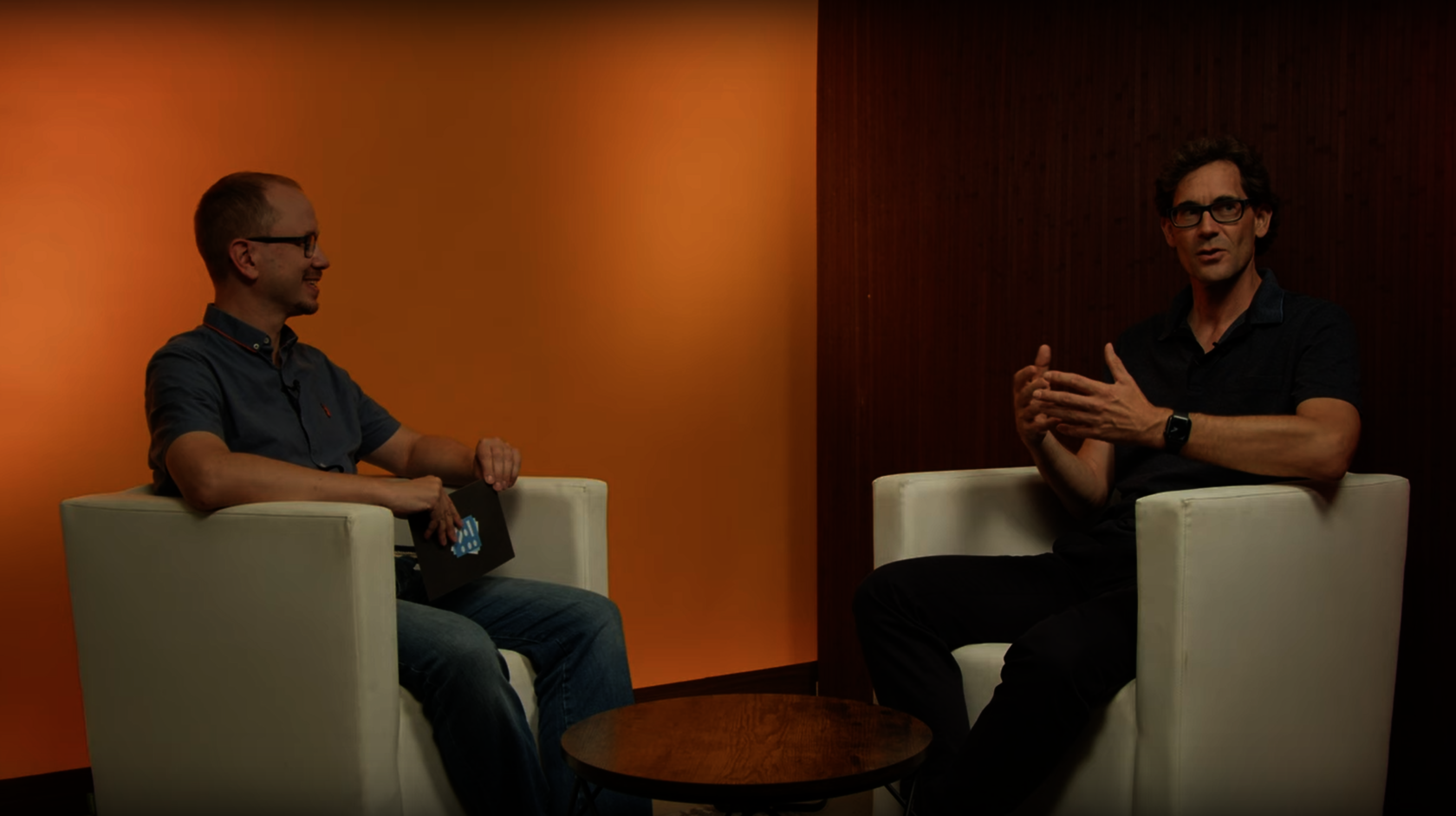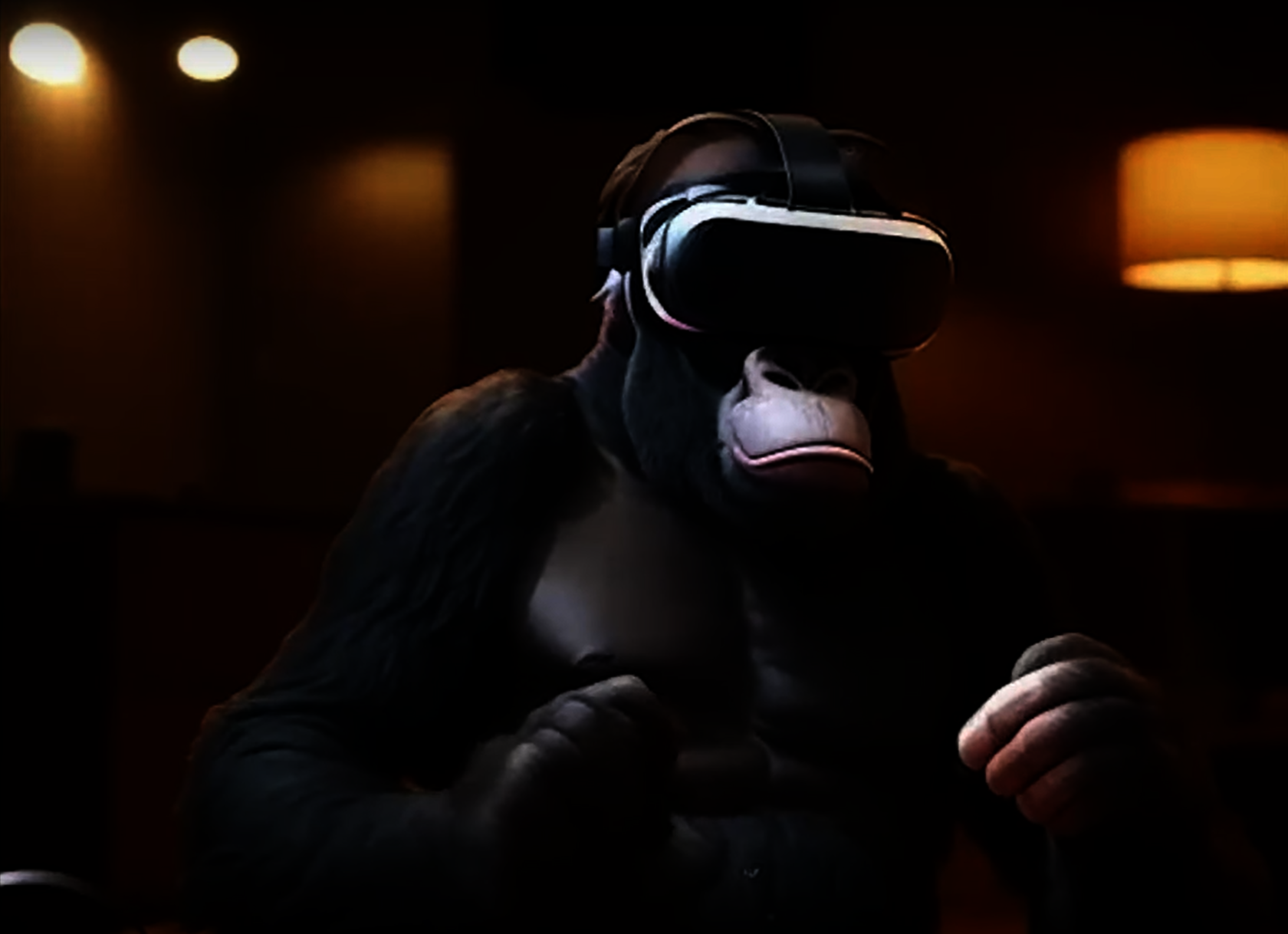After a brief review, Matthias Wölfel first explained how so-called “face tracking filters” work on social platforms. He then went on to discuss advanced AI tools such as ChatGPT and DALL-E, which now enable even non-experts to carry out complex image and video manipulations. These tools have simplified the creation of deepfakes and other image manipulations so that in-depth technical knowledge is no longer required. “Video is all about generating images, for example, or generating and manipulating image content, parts of images. And the possibilities that we have today are accessible through web-based interfaces or software applications such as Photoshop (...), which means that anyone can use it in principle, without any special previous experience,” explains Wölfel.
He explained the process of prompt engineering, in which precise instructions are given to the AI using natural language in order to generate the desired images or videos. This is a new trend that makes it easier to create AI-supported content. Wölfel demonstrated this with an example in which he used natural language to instruct an AI to generate a gorilla with VR glasses. Using the result, he explained how the technology works, its potential and the progress it has made.
Matthias Wölfel also spoke about the future of content production in the film industry. He addressed the possibility of actors and actresses being replaced by AI by digitizing their faces and voices and reproducing them using AI models.
Another topic that was discussed was the generation of content with the help of AI. Today, synthetic influencers can already create content and gain a following. However, this raises the question of who owns the generated works. In terms of copyright, this is “a problem for everyone involved”, says Wölfel. People who use AI to create content cannot be sure whether they are using copyright-protected content. Similarly, there is still no legal certainty when it comes to responding to copyright infringements of their own content by AI.
Finally, Matthias Wölfel gave an outlook on the future of content production, which is likely to be a hybrid in which human creativity and AI technology work together. Content creators will increasingly use AI tools to generate stories and videos.
Overall, content production is facing an exciting but also challenging future in which creative collaboration between humans and machines will play a key role.
The complete interview on YouTube
Informations on the book “Wirkungsvolle Videos fürs Web”

